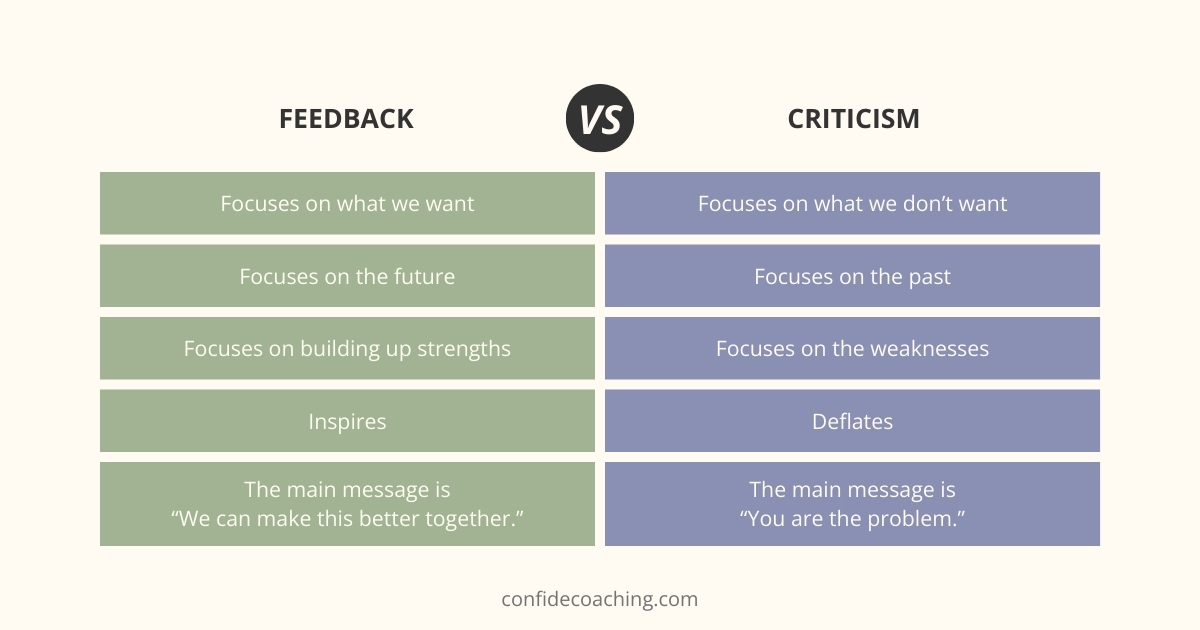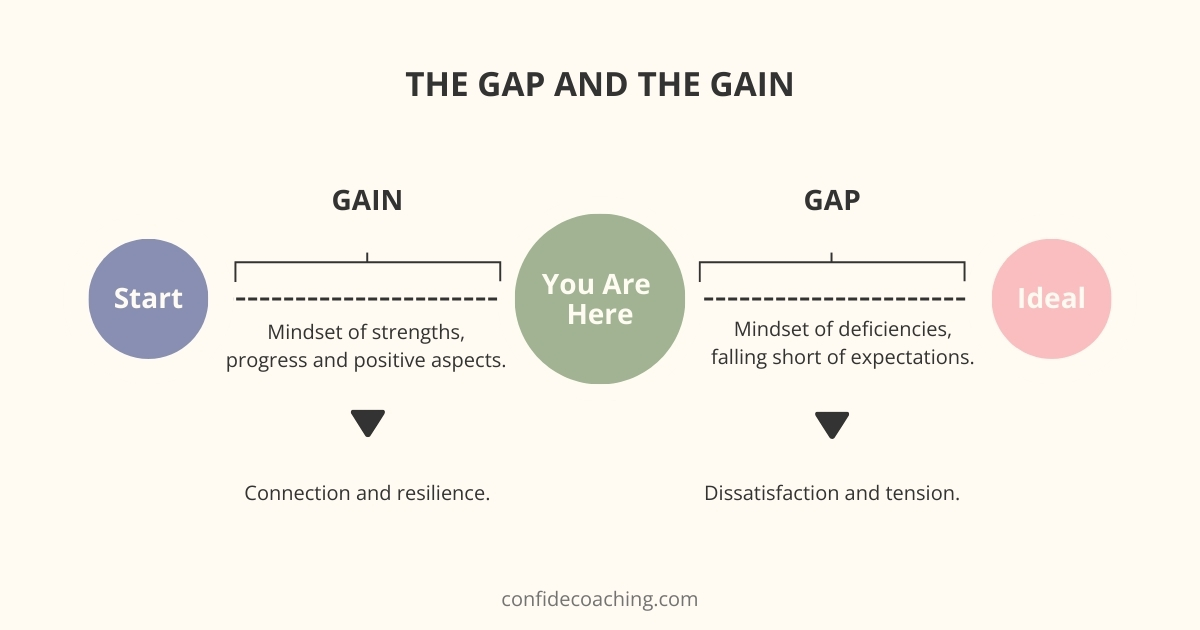
Improving relationships can feel like navigating a maze in the dark. Have you ever found yourself in a situation where you’re trying hard to make things better with a partner, family member, friend, or colleague, only to feel like you’re hitting roadblocks at every turn? It’s tough. Emotions run high, misunderstandings abound, and finding just the right words can seem impossible.
As a life coach, I’ve witnessed many clients grappling with this exact challenge. They come to me frustrated after spending considerable time trying to resolve a problem, only to find that despite their best efforts, things seem to worsen. These individuals are often successful at identifying problems and finding solutions in their professional lives, where logic and analytical thinking prevail.
However, when it comes to their personal relationships, they encounter a different landscape—one where emotions, communication dynamics, and deeply ingrained behaviors play pivotal roles. This shift from the structured world of work to the complex realm of human connections often leaves them confused and searching for answers as to why their logical responses fall short in the face of relationship challenges.
The One Habit That Ruins Relationships
As problem-solving beings, we’re wired to correct things when they are different from how we want them to be. It’s a trait that serves us well in many areas of life—except, perhaps, in relationships. When it comes to our closest connections, this instinct can sometimes backfire spectacularly.
Imagine this scenario: You’re in a relationship, and things aren’t going smoothly. Perhaps there are disagreements, misunderstandings, or unmet expectations. Naturally, you start pinpointing what’s not working, what your partner is doing wrong, and what they should be doing instead. It’s a familiar cycle—a well-intentioned effort to address issues and improve the relationship.
But here’s the catch: When we constantly focus on what’s lacking or where someone falls short, we inadvertently foster a negative mindset. By judging our partners for their perceived shortcomings, we risk damaging something that may already be fragile within them. In essence, we’re applying a label—they’re not good enough, they’re failing to meet expectations, they’re disappointing us.
Over time, this pattern of criticism can shift relationship dynamics from one of mutual respect and support to one where one person feels constantly judged and the other feels perpetually dissatisfied.
Behaviorally, being subjected to constant criticism can lead to defensive reactions. People may withdraw emotionally, become resentful, or even counterattack to protect themselves from further judgment. Communication breaks down as both parties struggle to navigate the emotional minefield created by ongoing criticism.

The Right Way to Improve Relationships
Improving relationships begins with a crucial mindset shift—a shift from fixating on problems and what’s not working to actively seeking out what is going well. This seemingly simple change in perspective can have profound effects on how we perceive and interact within our relationships.
Imagine a typical scenario where you and your partner have a disagreement. In the past, you might have focused on what went wrong, replaying the argument in your mind and dwelling on frustrations. However, by consciously shifting your focus to what’s going well, you start to notice the efforts your partner makes to understand their point of view. You start paying attention to the moments of laughter you still share despite the disagreement and the support they offer in other aspects of your life. Suddenly, the situation feels less dire and more manageable.
This shift in mindset isn’t just about positive thinking; it’s about recognizing the power of perspective. When we choose to focus on what’s working, we cultivate a mindset of gratitude, appreciation, and optimism. This, in turn, fosters a more supportive and nurturing environment within our relationships.
In psychological terms, it’s about moving from “the gap” to “the gain.” “The gap” represents the mindset of focusing on deficiencies, where we perceive ourselves or others as falling short of expectations. This mindset breeds dissatisfaction and tension. On the other hand, “the gain” encourages us to acknowledge strengths, progress, and positive aspects of our relationships. This approach nurtures connection and resilience.
This concept derives from the principles outlined in the book “The Gap and the Gain,” authored by Dan Sullivan and Dr. Benjamin Hardy, which explores how shifting our perspective from what’s lacking to what’s working can lead to greater fulfillment and success in various aspects of life. Applying these principles in relationships means actively choosing to see the strengths and positives, even amid challenges, thereby fostering a more supportive and harmonious connection.

From Problems to Progress
When we talk about focusing on what is working in relationships, it doesn’t mean we should ignore problems or pretend everything is perfect. Instead, it’s about finding a balanced approach where we appreciate the positives alongside addressing challenges.
Experts in psychology, like Dr. John Gottman, have found that couples who maintain a positive outlook and show appreciation for each other are better at handling conflicts and staying satisfied in their relationships over the long term (Gottman & Silver, 2015). This idea is supported by Dr. Barbara Fredrickson’s research, which shows that positive emotions broaden our thinking and help us build emotional strength, making it easier to handle difficulties in relationships (Fredrickson, 2001).
In practical terms, Gottman’s studies suggest that couples who mix discussions about problems with expressions of love and admiration tend to have more stable relationships (Gottman & Levenson, 2000). This approach highlights the importance of focusing on what’s going well—like showing gratitude, being affectionate, and recognizing each other’s efforts—to strengthen bonds and increase overall satisfaction.
By embracing these insights, you’re not just creating a positive environment in your relationships but also fostering resilience and growth in both yourself and your partner.
What Do You Want More of In Your Life?
As the old saying goes, “what you give attention to grows.” This wisdom is echoed in the story of the two wolves—one representing negativity and the other positivity—wherein the wolf that thrives is the one you choose to feed.
Consider this: What do you want more of in your life? Take a moment to reflect on your relationships, your daily interactions, and your personal experiences. Are you focusing on what’s lacking, what’s not working, or are you nurturing and celebrating what brings you joy and fulfillment?
Ask yourself: Are you feeding the wolf of positivity, gratitude, and growth? Or are you inadvertently nurturing negativity, criticism, and dissatisfaction? Your answer to this question holds the key to shaping the quality of your relationships and your overall happiness.
In the context of relationships, what you choose to focus on—whether it’s the strengths, the moments of connection, or the opportunities for growth—will influence how those relationships evolve. By consciously directing your attention towards what you want to see more of, you empower yourself to create a more enriching and fulfilling life.

Paul Strobl, MBA, CPC
Owner of Confide Coaching, LLC
Paul is a Master Life Coach for GenX and GenY executives and business owners. Originally from Houston, Texas, he has been location independent for most of his adult life. He currently resides in the Rhodope Mountains of Bulgaria near the Greek border with his brilliant wife, 14-year-old stepson (officially adopted in 2021!) and a Posavac Hound rescue.
References
Sullivan, D., & Hardy, B. (2021). The Gap and The Gain: The High Achievers’ Guide to Happiness, Confidence, and Success. Hay House Business.
Gottman, J. M., & Silver, N. (2015). The Seven Principles for Making Marriage Work: A Practical Guide from the Country’s Foremost Relationship Expert. Harmony.
Fredrickson, B. L. (2001). The Role of Positive Emotions in Positive Psychology: The Broaden-and-Build Theory of Positive Emotions. American Psychologist, 56(3):218-26.
Gottman, J. M., & Levenson, R. W. (2000). The Timing of Divorce: Predicting When a Couple Will Divorce Over a 14-Year Period. Journal of Marriage and Family. 62(3):737 – 745

